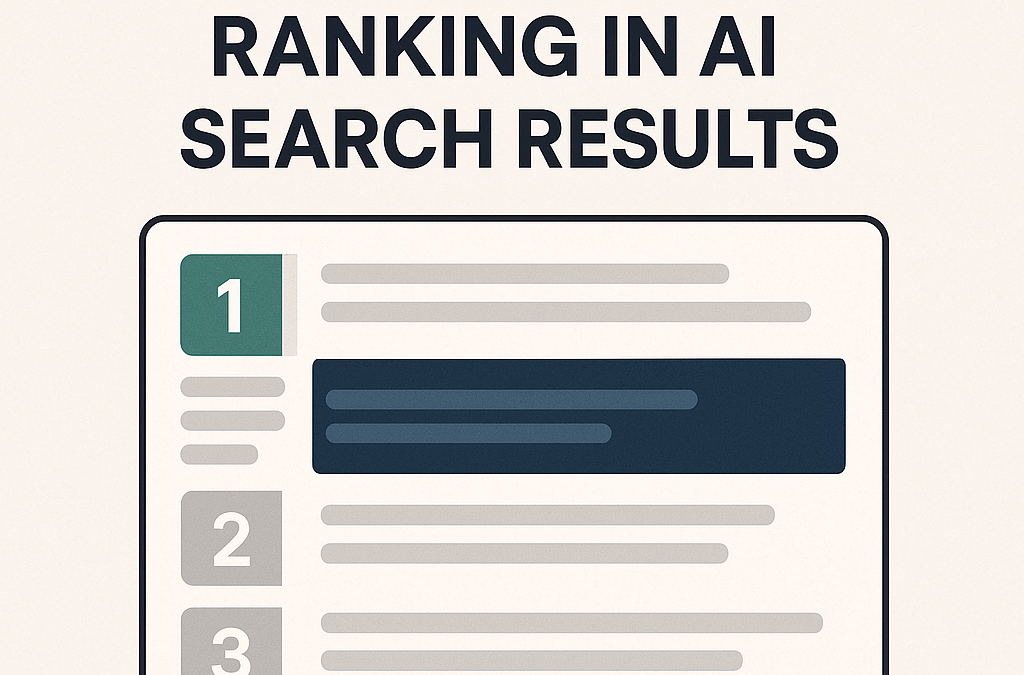Google Ads is a popular and effective platform for businesses of all sizes to advertise their products and services. However, simply creating a Google Ads campaign is not enough. To ensure that your campaign is performing optimally, regular auditing is necessary. In this article, we will discuss how to audit your Google Ads campaigns, including landing pages, keywords, targeting, ROAS, and different ad types, as well as strategies to enhance campaign performance.
Landing Pages
A landing page is the page on your website that a user is directed to after clicking on your Google Ads ad. Landing pages are crucial to the success of your Google Ads campaign because they determine whether or not a user will convert. To audit your landing pages, you should ensure that they are relevant to the ad that the user clicked on and that they provide a clear call to action. Additionally, you should ensure that your landing pages load quickly and are mobile-friendly, as many users access the internet on their mobile devices.
Keywords
Keywords are the search terms that trigger your Google Ads ad. To audit your keywords, you should ensure that they are relevant to your business and the products or services that you offer. Additionally, you should ensure that you are using a mix of broad, phrase, and exact match keywords to ensure that your ads are reaching a wide range of users while still being targeted. You should also review your keyword match types and negative keywords to ensure that your ads are not showing up for irrelevant or low-converting searches.
Targeting
Targeting refers to the specific audience that your Google Ads campaign is reaching. To audit your targeting, you should ensure that you are targeting the right audience for your business. This includes reviewing your geographic targeting, device targeting, and demographic targeting. You should also review your audience lists and make sure that you are using them effectively to reach users who have previously interacted with your business.
ROAS
ROAS, or return on ad spend, is a metric that measures the revenue generated from your Google Ads campaign relative to the amount of money spent on the campaign. To audit your ROAS, you should review your conversion tracking and ensure that it is set up correctly. You should also review your bidding strategy and adjust it if necessary to ensure that you are getting the most value for your advertising spend.
Ad Types
Google Ads offers several different ad types, including text ads, display ads, video ads, and shopping ads. To audit your ad types, you should review the performance of each ad type and adjust your ad spend accordingly. Additionally, you should ensure that you are using ad extensions to enhance your ads and provide users with additional information about your business.
Strategies to Enhance Performance
Once you have audited your Google Ads campaign, there are several strategies that you can implement to enhance campaign performance. These include:
- Optimizing your landing pages to improve conversion rates
- Adding new keywords to reach a wider audience
- Improving targeting to reach a more specific audience
- Adjusting bids to maximize ROAS
- Testing different ad types to determine which performs best
Additionally, you should regularly review your Google Ads campaign and make adjustments as necessary. This includes reviewing your budget, bidding strategy, ad copy, and targeting to ensure that your campaign is performing optimally.
Audit and Adjust
In conclusion, auditing your Google Ads campaign is essential to ensuring that your advertising spend is being used effectively. By reviewing your landing pages, keywords, targeting, ROAS, and ad types, you can identify areas for improvement and implement strategies to enhance campaign performance. With regular review and optimization, your Google Ads campaign can be a highly effective tool for driving traffic, leads, and sales for your business.









